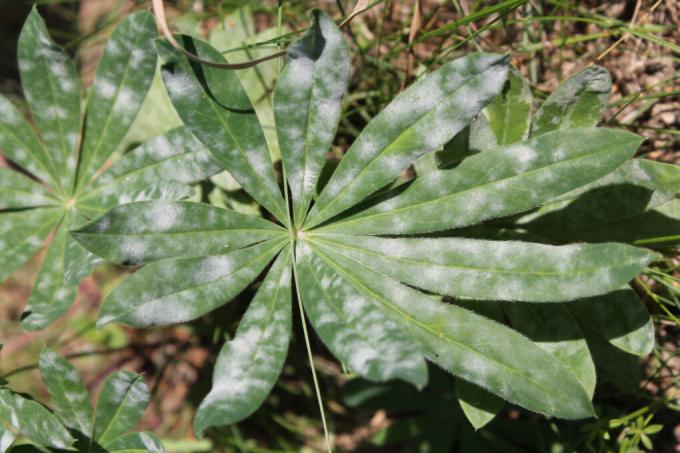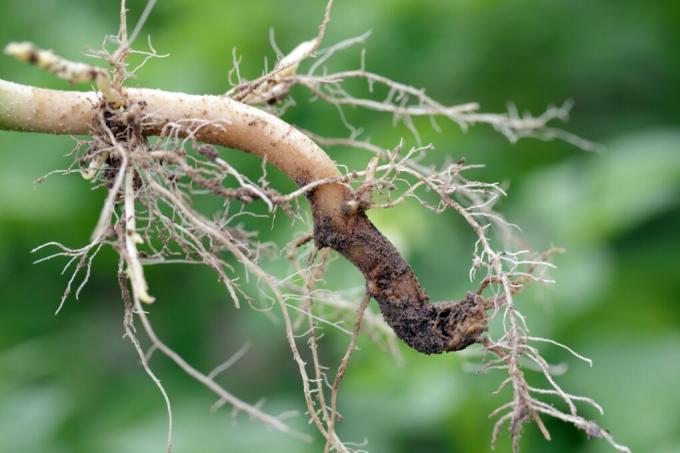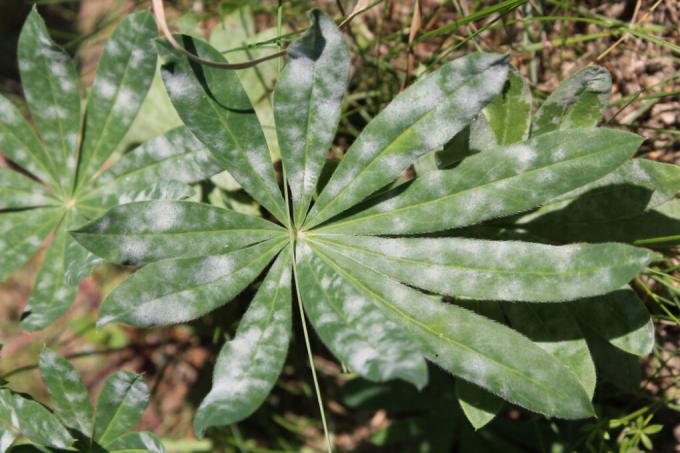AT A GLANCE
Why are lupins good for bees?
What are the benefits of lupins for bees?
Lupins offer bees something of both nectar and pollen. Accordingly, they serve wild bees, including about bumblebees, as a source of food, which led to a good bee pasture might.
also read
Incidentally, lupins also have advantages for you: Lupinus species flower beautifully in different varieties Colors like pink, violet, red, orange or yellow and are a real one Eye-catcher in the garden. In addition, they can green manure be used.
How do bees use lupins?
Bees use lupins as a source of food and to care for their brood. They suck the nectar out of the flowers with their proboscis. They also pick up pollen, i.e. pollen, when they visit. They first mix this with their saliva and then stow it in the so-called pollen pants on their hind legs. Packed full, the bees fly to the nest, where they provide their brood with the lupine treasures they have collected.
Which bees mainly fly to lupins?
It's mostly these four species of bees, which lupins like to fly to for nectar and pollen:
- Vetch-pea mortar bee (Megachile ericetorum)
- Megachile circumcincta
- Garden wool bee (Anthidium manicatum)
- Osmia aurulenta
Also bumblebees (Bombus) love lupins.
Tip
Create a paradise for bees with lupins and other plants
To make your garden attractive to bees, you should cultivate other pollen and nectar plants in addition to lupins, such as:- Foxglove Species (Digitalis grandiflora, Digitalis purpurea) - Ziest species (Stachys officinalis, Stachys byzantina) - Germander (Teucrium chamaedrys) - Clary sage (Salvia sclarea) - Small-flowered calamint (Clinopodium nepeta) - Motherwort (Leonurus cardiaca) - Lemon balm (Melissa officinalis)











